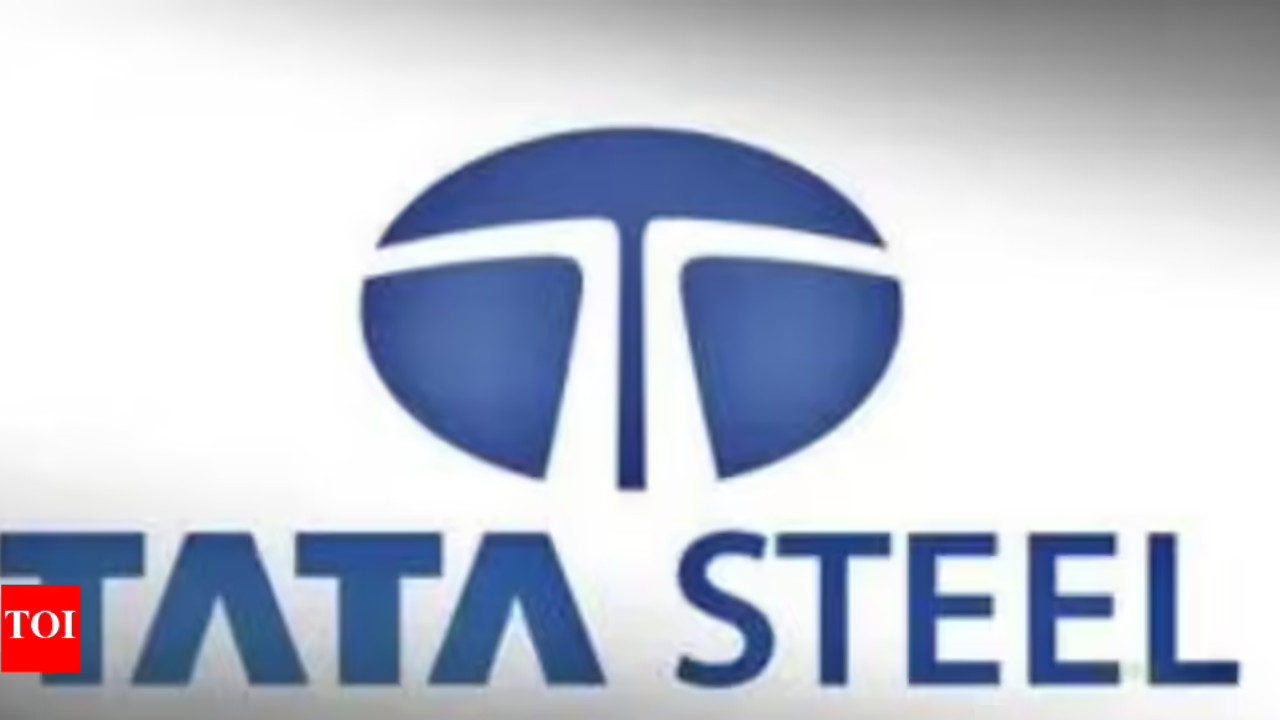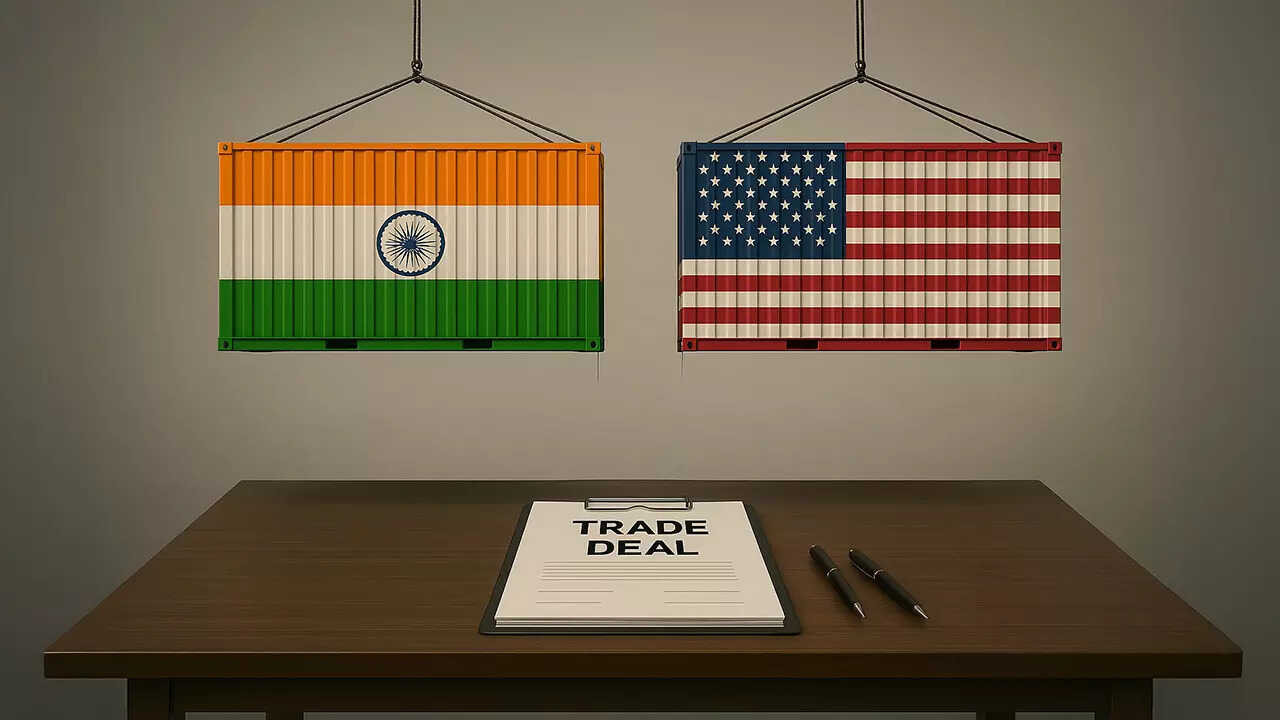Tata Steel’s Taxing Situation: A Billion Rupee Curveball
The world of corporate finance is rarely a straight line. Just when you think you’ve navigated the complexities, a curveball can come hurtling your way. For Tata Steel, that curveball arrived in the form of a ₹1,000 crore (approximately $120 million USD) input tax credit (ITC) notice.
It’s a significant sum, no doubt, and while the steel giant has acknowledged receiving the notice, they’re also clear: they believe they have a strong case for disputing it. But what exactly does this notice mean, and why is it causing a stir?
Input Tax Credit is essentially the mechanism that allows businesses to reduce their tax liability by claiming credit for the taxes they’ve already paid on inputs used in the production of their final goods or services. Think of it like this: a bakery buys flour and sugar, paying Goods and Services Tax (GST) on those purchases. When they sell their cakes, they charge GST to their customers. ITC allows them to offset the GST they paid on the flour and sugar against the GST they collect on the cakes, preventing double taxation.
So, where’s the rub for Tata Steel?
The notice likely stems from differing interpretations of GST regulations, specifically concerning what qualifies as a legitimate input for which credit can be claimed. Perhaps the tax authorities have questioned the eligibility of certain expenses, or maybe there’s been a disagreement over the documentation provided. The exact details remain undisclosed, but the size of the notice suggests a potentially broad interpretation being applied by the tax office.
This isn’t necessarily a sign of wrongdoing on Tata Steel’s part. Tax laws, especially in a complex system like India’s GST, are often subject to interpretation. What one official sees as a legitimate claim, another might view differently.

The next steps for Tata Steel are clear. The company will likely file a detailed response to the notice, providing documentation and legal arguments to support its claim for the ₹1,000 crore ITC. If the tax authorities remain unconvinced, the matter could escalate to an appeals process, potentially ending up in the courts. This process can take time, even years, to resolve.
The Broader Implications of Input Tax Credit Scrutiny
While this particular case involves Tata Steel, it highlights a broader trend: increased scrutiny of ITC claims by tax authorities. In recent years, the government has focused on plugging loopholes and preventing fraudulent claims, leading to more stringent verification processes.
This increased scrutiny can impact businesses of all sizes. It underscores the importance of maintaining meticulous records, ensuring accurate documentation of all input purchases, and staying up-to-date with the ever-evolving GST regulations. Failing to do so can lead to costly disputes and potential penalties.
What Does This Mean for Tata Steel’s Financial Health?
The ₹1,000 crore question, of course, is what impact this notice will have on Tata Steel’s financial performance. While the company is a major player in the global steel industry, a sum of this magnitude isn’t insignificant.
The immediate impact is likely to be minimal. Tata Steel will probably not be required to pay the amount immediately, as the dispute is ongoing. However, the notice could potentially affect the company’s cash flow and profitability if they are ultimately required to pay the disputed amount. There may also be an accounting impact, requiring the company to set aside a provision for the potential liability.
Navigating the Input Tax Credit Maze
This episode serves as a potent reminder of the complexities inherent in navigating the Indian tax landscape. Input Tax Credit is a vital mechanism for businesses, but maximizing its benefits requires careful planning, diligent record-keeping, and a thorough understanding of the applicable regulations. For businesses seeking clarity and support in navigating these challenges, solutions like robust tax advisory services become invaluable.
Ultimately, the Tata Steel case is a reminder that even the most established corporations are not immune to tax-related disputes. The outcome remains uncertain, but the key takeaway is the increasing importance of robust tax compliance and proactive risk management in today’s business environment.







